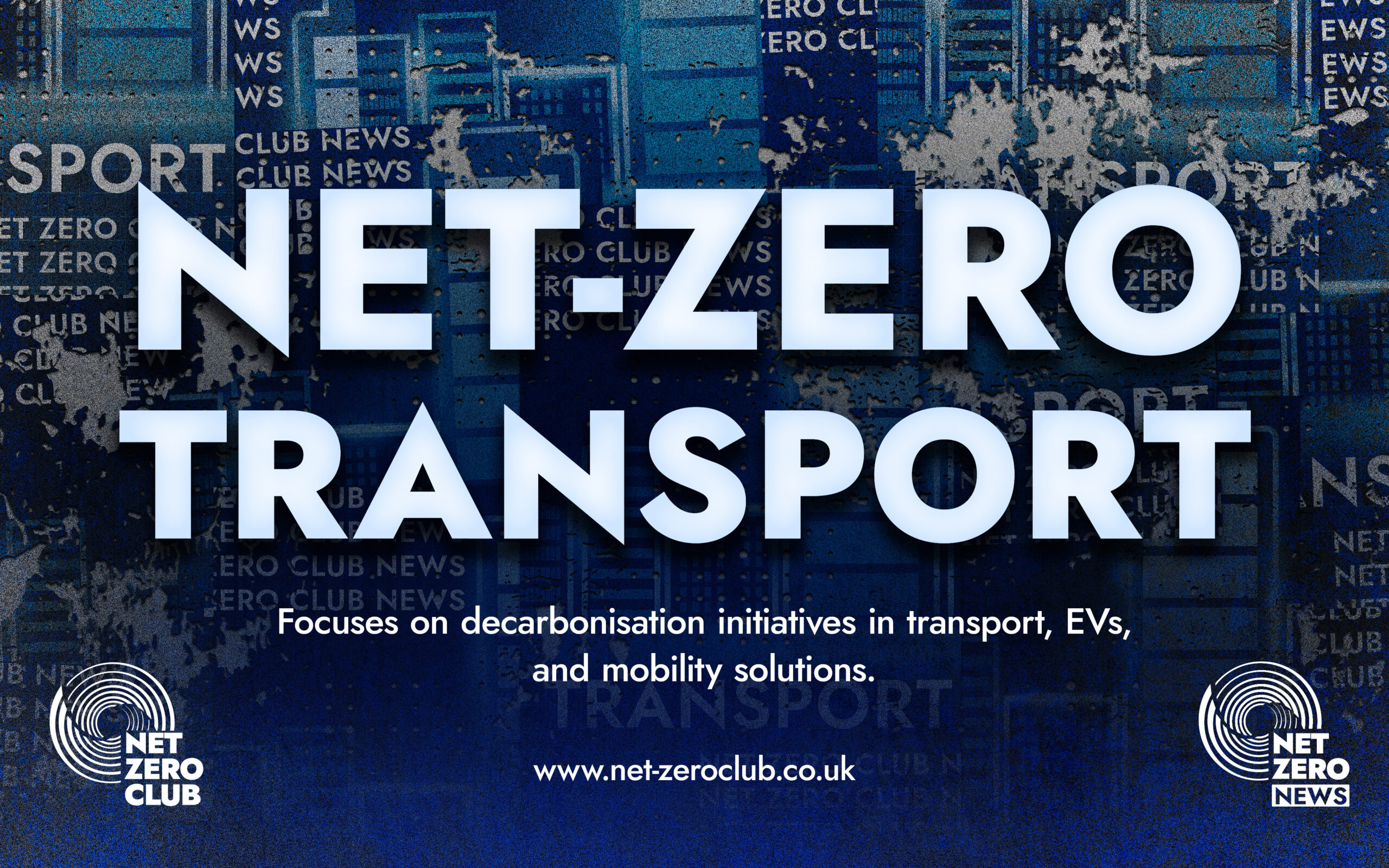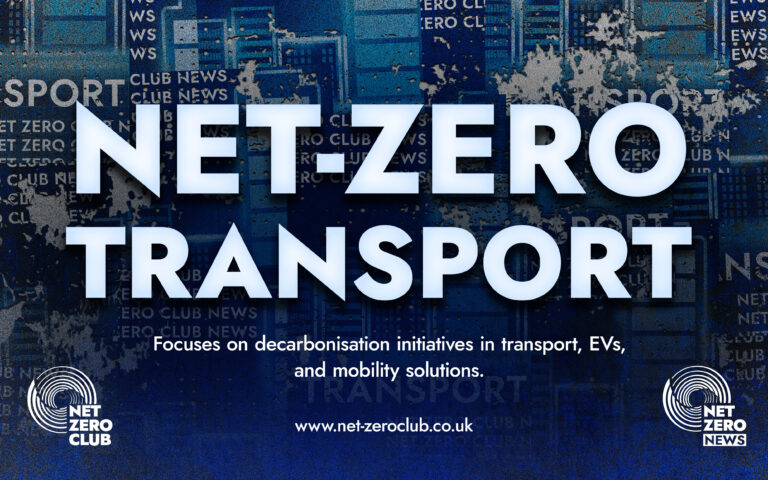Charge Point Operators: Most Can’t Meet 99% Uptime Standard

Hello, Champions of Net Zero!
In the ever-evolving landscape of electric vehicles (EVs), a pressing concern has emerged regarding the reliability of charge points across the UK. Recent findings reveal that a significant majority of charge point operators (CPOs) are not meeting the crucial uptime and compliance requirements set forth by the government, which poses a serious challenge to building driver confidence in EV adoption.
A recent survey conducted by the charging platform Monta, which engaged over 200 senior decision-makers within the UK charge point operator sector, has illuminated the hurdles these operators face in adhering to the Government’s Public Charge Point Regulations. One key stipulation of these regulations mandates that rapid charge points must maintain an average reliability of 99% throughout each calendar year.
However, the results of the national survey paint a concerning picture. Only a mere 4% of CPOs reported achieving an average charger uptime of 99.5% or more—just above the threshold of the 99% reliability requirement. While the majority of operators, approximately 74%, managed to achieve uptime exceeding 95%, this still highlights a significant challenge in closing the gap to consistently meet regulatory benchmarks.
For many operators, this performance discrepancy raises serious concerns regarding the potential risk of civil penalties, which can reach up to £10,000 per charge point. Nearly half (47%) of the respondents expressed that the looming threat of these penalties is a considerable source of anxiety.
The research, published in a report titled “The Pain Points and Growth Opportunities Impacting Charge Point Operators in 2025,” also uncovers alarming visibility gaps across the network. Less than one in five CPOs (17%) indicated they have on-demand access to critical diagnostics, such as uptime, charge success rates, and user satisfaction. Instead, 40% receive this vital data only on a periodic basis, while 33% noted they get it occasionally, and a staggering 10% rarely or never have access to such information.
Jon Evans, head of market for the UK and Ireland at Monta, emphasised that these findings underscore the operational, technical, and financial pressures that CPOs are currently grappling with as they strive to meet the increasing regulatory expectations. He cautioned that these results signal a pressing need for operators to bolster driver trust in charging services.
“The UK government is right to set ambitious standards for charge point reliability. EV drivers need assurance that charging will be available and dependable wherever they travel, and uptime is the cornerstone of that trust. Regulations focusing on the quality of service are essential if we are to accelerate EV adoption and build public confidence,” Evans stated.
When asked which aspects of the new regulations posed the greatest challenges, more than half (56%) of CPOs identified the 99% uptime requirement as their primary concern. This was closely followed by the obligation to provide round-the-clock customer support (47%), the potential £10,000 penalty risk (47%), a lack of government support and funding (44%), and compliance with open data and OCPI standards (42%).
Evans further warned that while CPOs are investing heavily in the rollout of charge points, the absence of consistent diagnostic data and a phased approach could result in punitive fines that hinder rather than promote progress.
The research clearly indicates that while a substantial number of operators are performing well, achieving uptime above 95%, the challenge remains in the final stretch to reach the 99% benchmark. Industry leaders have noted that progress is indeed being made, yet they caution that without a carefully managed transition period, the combination of visibility gaps, technical obstacles, and financial penalties could stall investment at a pivotal moment in the UK’s EV rollout.
However, Evans also highlighted that despite the concerning gaps identified in the research, it is crucial to acknowledge the strides being made within the sector.
“The majority of operators are achieving uptime above 95%, which provides a robust foundation for improvement and demonstrates that the industry is moving in the right direction. The government is justified in setting ambitious standards, but these must be complemented with a fair and practical transition. Achieving near-perfect uptime across diverse networks presents a formidable technical challenge, and significant fines of up to £10,000 per charge point risk deterring investment when momentum is most critical,” he concluded.
Ultimately, Evans advocated for a phased approach that harmonises clear targets with the requisite tools, data, and collaboration, ensuring that ambition is paired with pragmatism. This balanced strategy will be key to delivering reliability, fostering consumer trust, and making significant headway towards our climate goals.
As we journey towards a sustainable future, it is imperative that we foster an environment where the infrastructure supporting electric vehicles is robust, reliable, and capable of accommodating the rapid growth of this vital sector. The transition to electric mobility is not just a technological shift but a societal one, and it is our collective responsibility to ensure that we are paving the way for a greener, more sustainable tomorrow.
In conclusion, the challenges faced by charge point operators highlight the need for ongoing dialogue, investment, and innovation within the EV charging sector. As we advocate for stronger regulations and support mechanisms, let us remain committed to building a seamless and dependable charging network that inspires confidence among EV drivers and supports the UK’s ambitious climate targets.
This rewritten article is structured to engage the audience of the ‘Net Zero News Network’ while ensuring clarity and coherence throughout. It maintains the essence of the original article while expanding on themes and ideas relevant to the readers.

 Got net-zero news, project updates, or product launches to share?
Got net-zero news, project updates, or product launches to share? 